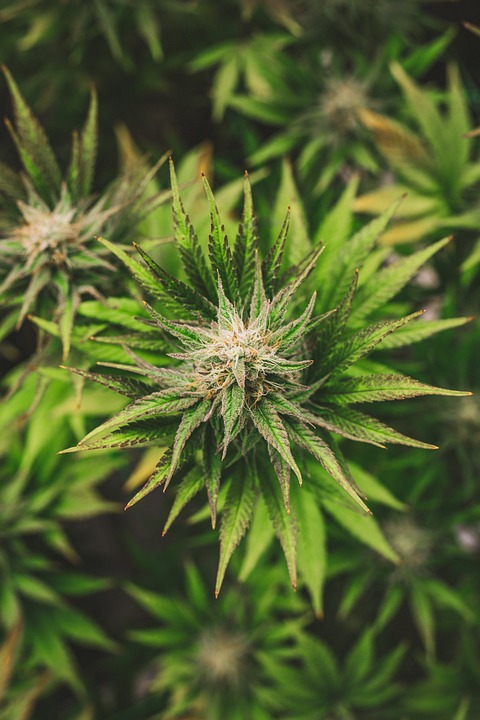Exploring the Sustainability of Hemp as a Renewable Resource
Introduction
Hemp is a versatile and sustainable crop that has been used for centuries for a variety of purposes. In recent years, there has been a growing interest in hemp as a renewable resource due to its many benefits and environmentally friendly properties. This article will explore the sustainability of hemp as a renewable resource and its potential for addressing current environmental challenges.
Benefits of Hemp
One of the key benefits of hemp is its fast growth cycle. Hemp plants can reach maturity in as little as 90-120 days, making it an ideal crop for farmers looking for a quick turnaround. Additionally, hemp is a low-input crop, requiring minimal water, pesticides, and fertilizers to thrive. This makes it a cost-effective and environmentally friendly option for farmers looking to reduce their environmental impact.
Environmental Impact
Hemp is also a highly sustainable crop due to its minimal environmental impact. Unlike many other crops, hemp can be grown without the use of harmful pesticides and herbicides, reducing the risk of soil and water contamination. Additionally, hemp plants have deep root systems that help prevent soil erosion and improve soil health. This makes hemp cultivation a viable option for promoting soil health and preserving natural ecosystems.
Uses of Hemp
Another key aspect of hemp’s sustainability is its versatility. Hemp can be used to produce a wide range of products, including textiles, paper, biofuels, and building materials. Hemp fibers are strong and durable, making them an ideal replacement for traditional materials like cotton and plastic. Hemp can also be used to produce biodegradable plastics, reducing the environmental impact of plastic pollution.
Conclusion
In conclusion, hemp is a highly sustainable and versatile crop that holds great potential as a renewable resource. Its fast growth cycle, low-input requirements, and minimal environmental impact make it an attractive option for farmers and industries looking to reduce their carbon footprint. By exploring the sustainability of hemp as a renewable resource, we can work towards building a more environmentally friendly and sustainable future.
Frequently Asked Questions
1. Is hemp legal to grow?
While hemp cultivation was illegal in many countries for decades, regulations have evolved in recent years to allow for the legal growth of hemp for industrial purposes. It is important to check with local authorities to ensure compliance with current regulations.
2. What are some common uses of hemp?
Hemp can be used to produce a wide range of products, including textiles, paper, biodegradable plastics, biofuels, and building materials. Its versatility makes it a valuable resource for various industries.
3. How does hemp compare to other crops in terms of sustainability?
Hemp is considered one of the most sustainable crops due to its fast growth cycle, low-input requirements, and minimal environmental impact. Compared to traditional crops like cotton or corn, hemp offers a more eco-friendly alternative for farmers and industries.


Comments are closed.